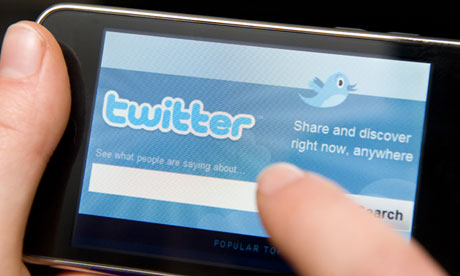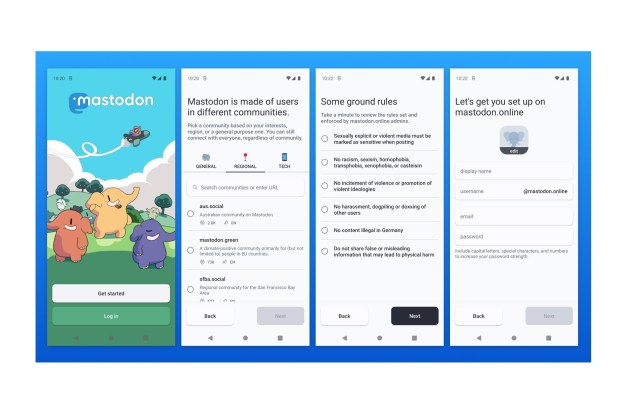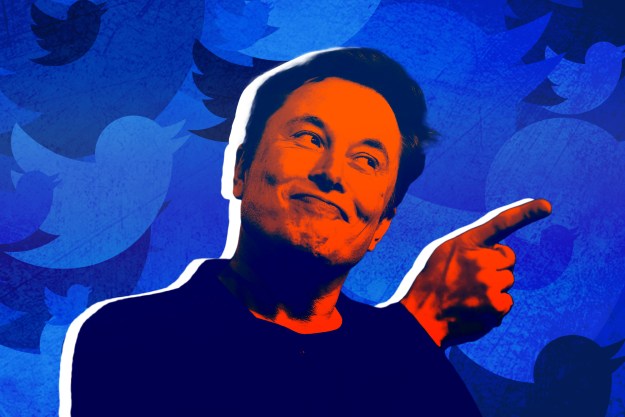
Twitter is about to get a whole lot faster, both for users and developers. Twitter scooped up Ubalo, a scalable big data computing service, and its CEO Jacob Mattingly and CTO Ian Downes announced the acquisition on Thursday.
So how will the Ubalo acquisition affect you? Let’s loop back to January when Twitter decided to go with Amazon Turk to surface real-time search results. It needed to solve the problem of surfacing relevant search results in a short amount of time with the highest amount of accuracy. Without powerful enough artificial intelligence tech, Twitter opted to power its search engine with people. Twitter will likely rely on this system until AI and natural language processing technology improve over time.
But for now, while Twitter sticks with the search and discovery system it has, Ubalo fits perfectly into the agenda. Twitter is undoubtedly the go-to source for breaking news on the Web, a powerful position that’s made Facebook envious. And Ubalo has proven before that it can speed up the analysis and clustering of 5,000 tweets in just 21.2 seconds. In fact TechCrunch reports that Ubalo one-upped its previous test by analyzing 25,000 tweets for sentiment in just 19 seconds.
This is important because as Twitter acquires more users, there’s a lot more data and far more noise within the network that it needs to filter through. So if it wants to be a source of topical news, sort of like what Storify is doing already, Twitter not only needs to be fast but also needs to serve acutely relevant results to search queries.
By absorbing Ubalo’s team and tech, Twitter will get that much quicker. For instance if you searched for the latest developments and news surrounding the NBA Finals on Twitter as they’re happening, you might see some tweets near the top that aren’t exactly what you’re looking for – and you might have to wait a little too long to get them. With Ubalo’s ability to cluster data in record time, along with its natural language processing capabilities, you’d see far fewer unimportant tweets about the topic in real-time near the top of the search results, and results should also roll in faster.
But Ubalo isn’t only useful to shore up its search engine. With the team joining Twitter, we can speculate that they may have a part in improving Twitter’s advertising efforts. Twitter rolled out a new advertising product called “Keyword Targeting” last month, enabling advertisers to target ads based on specific keywords that users are tweeting. The problem with this is that serving ads on keywords alone is still risky business.
Because natural language processing is a complex beast, it’s extremely difficult to gauge user sentiment, like irony and sarcasm. For instance, if a brand is targeting the keyword “sports” but the user is using the word sarcastically to point out his or her disinterest in sports, the last thing that user would probably want to see is a sports-related Promoted Tweet. Ubalo and its natural language processing technology should help Twitter improve its ability to figure this out.
Editors' Recommendations
- X rival Threads could be about to get millions of more users
- X says it’s squashing the bug that deleted Twitter images and links
- Twitter is now giving money to some of its creators
- Elon Musk’s latest plan for Twitter hasn’t gone down well
- It’s not just you – Twitter is down for users around the world


